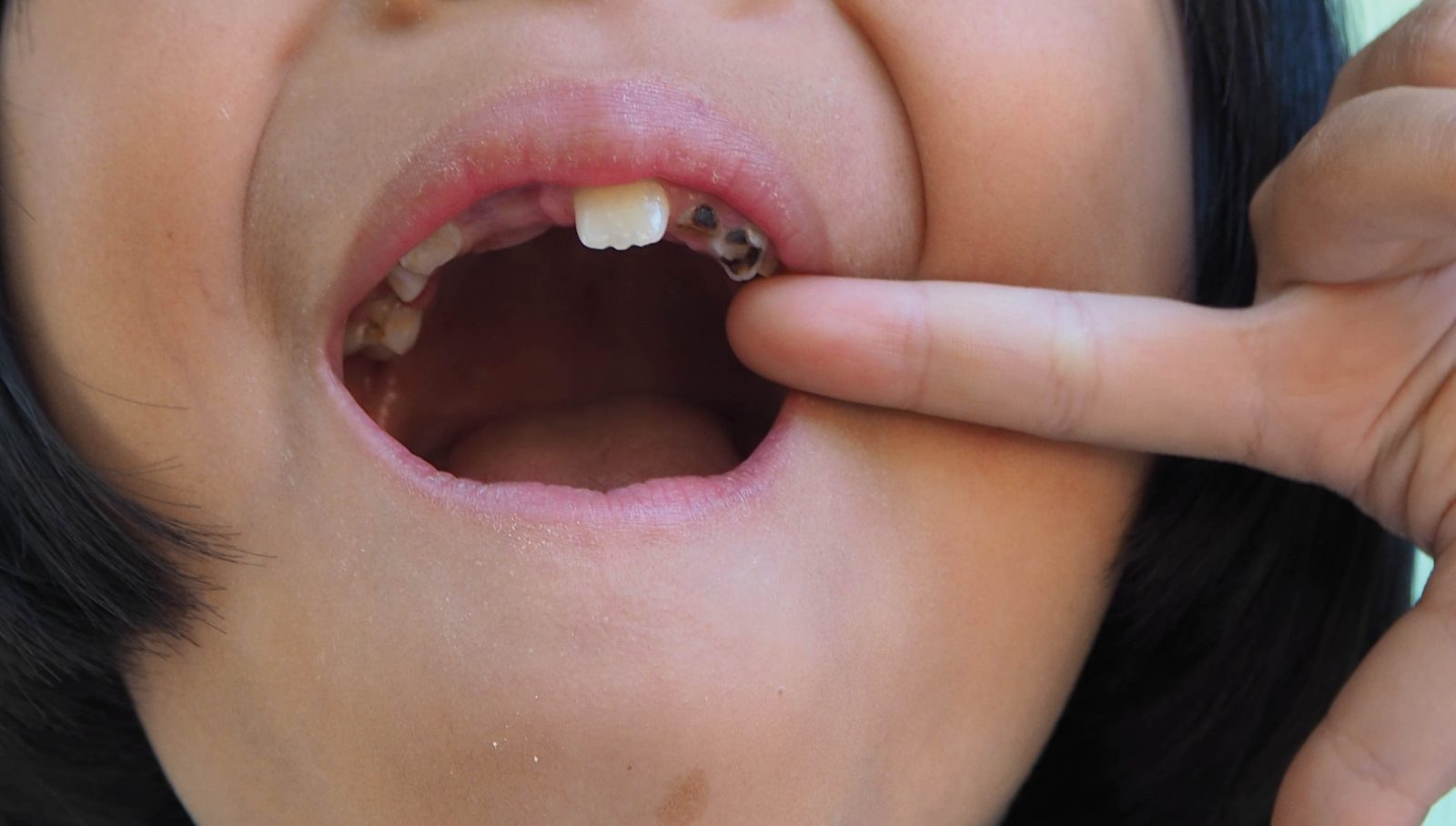 With new figures reinforcing the poor oral health statistics in England amongst children, Michael Watson calls for the Government to be held to account.
With new figures reinforcing the poor oral health statistics in England amongst children, Michael Watson calls for the Government to be held to account.
The statistics on child oral health in England are dire, as I have frequently said in these blogs.
The number one reason why a child aged five to nine enters hospital is tooth decay, and every day 170 children and teenagers undergo tooth extractions under general anaesthetic in hospitals in England.
Four in 10 children currently have not seen a dentist in over a year despite an NHS check-up for under 18-year-olds being free.
Thirty per cent of five-year olds in the most deprived areas of England have experienced tooth decay – the figure is 20% for the least deprived.
These figures come from the annual report of the Teeth Team Programme, released last week at Portcullis House, Westminster, which was addressed by former MP and Minister, the Rt Hon Alan Johnson.
It is vital that the public, the media and politicians are reminded of these statistics and the Government held to account.
Read more of Michael Watson’s recent blogs:
Teeth Team report
One highlight of last year was a debate in Westminster Hall at the end of October on child oral health and some of the MPs who spoke were present at the Teeth Team event.
In the debate, somewhat envious glances were directed northwards to Scotland with its successful Childsmile programme.
But the Teeth Team report shows that progress is being made in England, through its school-based programme of tooth brushing, fluoride varnish and oral health education.
It works in partnership with Simplyhealth, who last year donated £137,000 to fund the programme’s growth.
And grow it has, last year it recruited a further 33 schools across England from north Yorkshire to the Isle of Wight, bringing the total to 52 primary schools and three nurseries.
But it is only the beginning – as the programme chair, Chris Groombridge, said in his foreword to the report, a comprehensive programme is required to cover children from 0 to 11 through nursery and primary school.
He added: ‘In addition, prevention needs to be embedded and paid for in the NHS dental contract.’
The Annual Report contains a most perceptive policy analysis, which should be required reading for all who are responsible for action to improve child oral health, as well as those like me, who comment on it.
It says that ‘approaches to combat tooth decay should focus on the need to address poor diet, excessive sugar consumption, and the lack of proper education around dental hygiene’.
The dental workforce has a role to play in early prevention and detection this must be ‘properly reflected in NHS dental contract reform’.
Joined-up strategy
In England public health has been the responsibility of local authorities and oral health must compete with other areas of concern such as mental health and sexual health.
But as the report points out, with local authorities facing a £331m reduction to their public health budget, on top of a £200m reduction announced in 2015, ‘action must be taken at a central Government level to ensure the funding is available to improve local delivery.’
Perhaps it is best to close this blog by quoting from the Teeth Team Annual Report on the way forward.
‘We need a coherent, joined-up strategy to tackle children’s oral health inequalities and the creation of a sustainable model of child oral health improvement, which is underpinned by dedicated funding and targeted policy interventions.’


